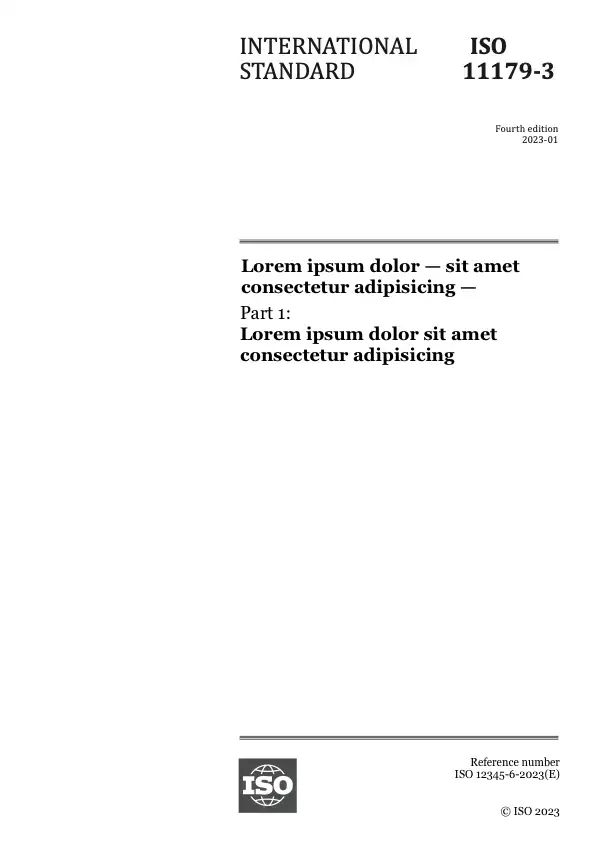Тезис
ISO/IEC 11770-1:2010 defines a general model of key management that is independent of the use of any particular cryptographic algorithm. However, certain key distribution mechanisms can depend on particular algorithm properties, for example, properties of asymmetric algorithms.
ISO/IEC 11770-1:2010 contains the material required for a basic understanding of subsequent parts.
Examples of the use of key management mechanisms are included in ISO 11568. If non-repudiation is required for key management, ISO/IEC 13888 is applicable.
ISO/IEC 11770-1:2010 addresses both the automated and manual aspects of key management, including outlines of data elements and sequences of operations that are used to obtain key management services. However it does not specify details of protocol exchanges that might be needed.
As with other security services, key management can only be provided within the context of a defined security policy. The definition of security policies is outside the scope of ISO/IEC 11770.
The fundamental problem is to establish keying material whose origin, integrity, timeliness and (in the case of secret keys) confidentiality can be guaranteed to both direct and indirect users. Key management includes functions such as the generation, storage, distribution, deletion and archiving of keying material in accordance with a security policy (ISO 7498-2).
ISO/IEC 11770-1:2010 has a special relationship to the security frameworks for open systems (ISO/IEC 10181). All the frameworks, including this one, identify the basic concepts and characteristics of mechanisms covering different aspects of security.
Preview
Общая информация
-
Текущий статус: ОпубликованоДата публикации: 2010-12Этап: Подтверждение действия между-народного стандарта [90.93]
-
Версия: 2
-
Технический комитет :ISO/IEC JTC 1/SC 27ICS :35.030
- RSS обновления
Жизненный цикл
-
Ранее
ОтозваноISO/IEC 11770-1:1996
-
Сейчас
ОпубликованоISO/IEC 11770-1:2010
Стандарт, который пересматривается каждые 5 лет
Этап: 90.93 (Подтверждено)-
00
Предварительная стадия
-
10
Стадия, связанная с внесением предложения
-
20
Подготовительная стадия
-
30
Стадия, связанная с подготовкой проекта комитета
-
40
Стадия, связанная с рассмотрением проекта международного стандарта
-
50
Стадия, на которой осуществляется принятие стандарта
-
60
Стадия, на которой осуществляется публикация
-
90
Стадия пересмотра
-
95
Стадия, на которой осуществляется отмена стандарта
-
00
Появились вопросы?
Ознакомьтесь с FAQ
Часы работы:
Понедельник – пятница: 09:00-12:00, 14:00-17:00 (UTC+1)
